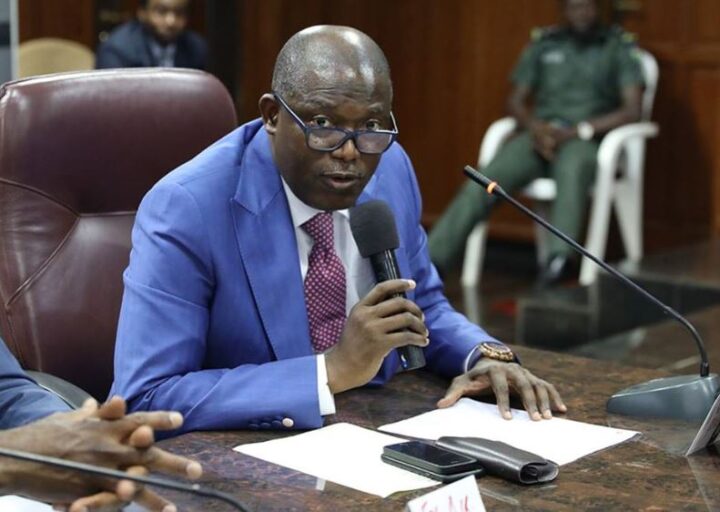The Bank of Industry (BOI) says it has been working out ways to cushion the effect of the COVID-19 pandemic on micro, small and medium-sized enterprises (SMEs).
Kayode Pitan, BOI managing director, listed measures undertaken by the bank at a recent webinar where he spoke on ‘Overcoming business challenges presented by the COVID-19 pandemic- BOI support framework’.
Pitan said the bank is deepening its penetration in agro-processing, food processing, technology, healthcare, pharmaceuticals, and among others, to stimulate economic recovery and growth.
Some of the measures listed by Pitan to have been implemented by the BOI to include reduced interest on its direct line of credit by 2 percent for one year from April 1, 2020, to March 31, 2021, a three-month moratorium on principal repayment to all beneficiaries of the BOI fund from April 1, 2020, to June 31, 2020, with an option to extend by up to 12 months for customers with proper justification on a case by case basis.
Advertisement
He said that for loans issued under the Central Bank of Nigeria (CBN) intervention programme and in line with a CBN directive, the bank reviewed interest rate downwards to 5 percent per annum, with a three-month moratorium.
BOI said it also worked with the Nigerian Content Development Management Board (NCDMB) to reduce interest rates on credit facilities approved under the Nigerian content intervention fund from 8 percent per annum to 6 percent per annum, including an extension of the moratorium period.
Pitan said a lot of businesses will have challenges staying operational due to cash-flow constraints which would likely increase unemployment, reduce productivity and increase social tensions.
Advertisement
The managing director said the bank is reviewing sectoral peculiarities and the extent of impact of the pandemic on sectors such as manufacturing; oil and gas; cinemas/entertainment; and hospitality for the development of tailored long-term palliative, increasing business advisory support for given current headwinds; and deliberately seek out alternative countries for future sourcing of raw materials and equipment.
Add a comment






